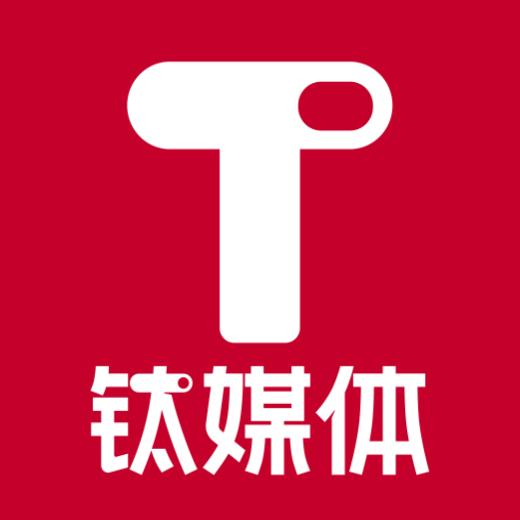TMTPost -- The Chinese government seems to take more steps to counter U.S.’s tightening high-tech curbs.

AI Generated Image
China adopted the newly-effective procurement guidelines to replace semiconductors made by Intel Corp. and Advanced Micro Devices Inc. (AMD) from government personal computers and servers with local alternatives, the Financial Times reported on Sunday. Share of two American chipmakers dropped more than 4% in the morning trading on Monday.
The new guidelines, introduced by the Ministry of Finance (MOF) and the Ministry of Industry and Information Technology (MIIT) on December 26, will also impact Microsoft's Windows operating system and foreign-made database software, according to the report. Government agencies above the township level have been reportedly ordered to purchase devices equipped with “safe and reliable” processors and operating systems.
The State Council Information Office didn’t respond to the report. Intel, AMD and Microsoft declined to comment on the report. If the report were accurate, it would be the latest sign that China stepped up promoting domestic tech development while reducing reliance on overseas products.
Earlier this month, Bloomberg reported the China Integrated Circuit Industry Investment Fund, a state-owned investment company also know as the Big Fund, is under the way to amass a pool of capital from the government and state-run enterprises for its third vehicle, aiming to raise more than RMB200 billion (US$27 billion). It was reported that China now targets a pool of valuable capital across the country for major projects, and the new fund will directly back local firms.
The Big Fund was founded in 2014 to boost the value chain of the integrated circuit industry, which involves chip design, production, packaging and testing.The reported Big Fund III seems much larger than the previous two. The Big Fund II is twice as big as the first phase at RMB204.15 billion. The fund has invested more than RMB60 billion in more than 40 semiconductor firms since its establishment in 2019, according to Chinese newspaper Securities Times last December. Compared with the first phase, which focused on chip manufacturing, Big Fund II seems to have increased investment in key links of the industry chain, including chip design, equipment, components and raw materials, Fu Liang, an independent tech analyst, told the state-backed media outlet Global Times that month.
Another Bloomber report more than a week ago said MIIT this year has quietly asked EV manufacturers spanning from BYD Co., Ltd, the world’s No.1 new energy vehicle company, to Volvo’s parent Zhejiang Geely Holding Group to significantly increase their purchase from local auto chipmakers.The ministry, which oversees information technology, mail, telecommunications and software industry, has previously set an informal target for automakers to source a fifth their chips by 2025, and now takes further step with direct instruction to require these firms to try their best to avoid semiconductors made by foreign companies, signaling its growing dissatisfaction with progress of the local purchase of chips, according to the report.
The reported new instruction effectively forces foreign semiconductor companies to produce their chips through a Chinese foundry such as Semiconductor Manufacturing International Corp. (SMIC). As an evidence of the directive, the report cited an overseas bidder which failed to secure a contract of a major Chinese brand even though the bidder offered a price it estimated was 30% lower than the winner.


























热门跟贴